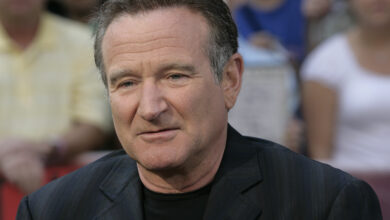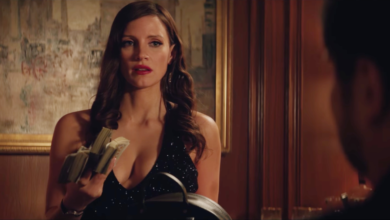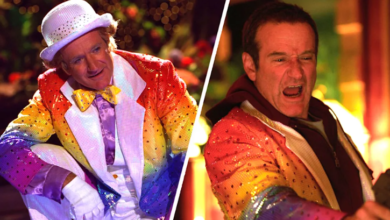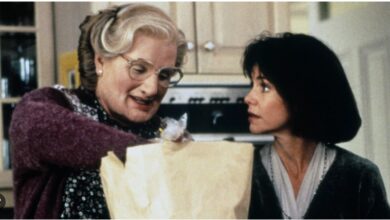How Disney betrayed Robin Williams
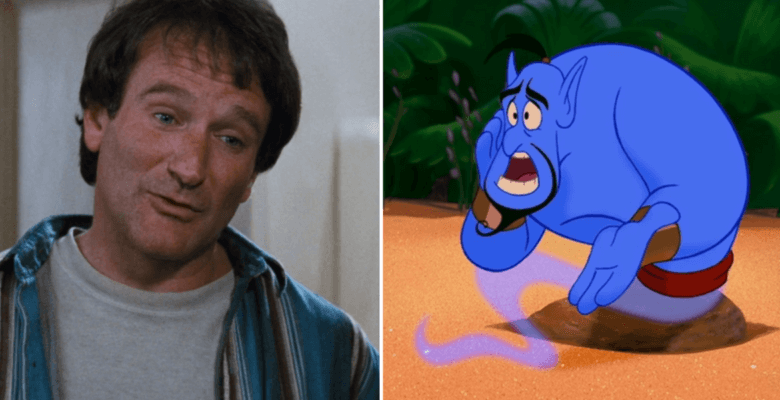
The late Robin Williams was one of the most distinguished comedy actors of all time. Bringing joy to children and adults alike, his films were comedic but often were tinged with a unique, slightly bittersweet melancholy that only Williams could convey. This skill made them some of the most emotionally affecting actors on the planet. The king of the improvisation, and the master of any mood, Williams gave us some of the best-beloved movies of the last 50 years. Popeye, Good Morning, Vietnam, Dead Poets Society, Hook, Aladdin, Mrs. Doubtfire, Jumanji and Good Will Hunting are just some of the brilliant films he starred in.
Expertly straddling the comedic and the dramatic, it comes as no surprise that the personality of the man behind the characters was equally as deep. This makes so much sense as one who appealed to every human emotion with his roles would have to have been acutely aware of the elements of the human ideation he was embodying. One of his most underrated yet emotive roles is undoubtedly that of Andrew in 1999’s Bicentennial Man, a melancholy take on Isaac Asimov’s 1992 novel The Positronic Man.
However, our story today comes from perhaps his most memorable role, that of the genie in Aladdin, Disney’s 1992 animated adaptation of the Arabic folktale. A worldwide box office hit and one of the best beloved animated films of all time, Williams’ madcap portrayal as the genie provided the film with its now-iconic comic foil.
However, it wasn’t all roses for Williams. After the film’s release, he would reveal that Disney had betrayed him and that he’d probably never work for them again. Williams was let down by the fact that Disney had allegedly breached an agreement between the two camps, which meant that Disney was prohibited from using Williams’ person or voice for merchandising and marketing products for Aladdin.
After all, this was the ’90s, and merchandise reigned supreme. This was the era of toys in cereal and the heydey of the Happy Meal, so this clause comes as no surprise, particularly from an actor as genuine as Williams. In November 1993, The Los Angeles Times ran a story headlined ‘The Genie Has a Gripe With Disney’. In the story, the publication opined that it wasn’t a breach of a contractual agreement between the two parties, rather that it was a case of “sour grapes” on Williams’ behalf.
Part of the story read: “Disney executives would not comment on his remarks, but sources familiar with the dispute characterized Williams’ comments as ‘sour grapes’ because he was paid scale of $75,000 for his work on an animated film that went on to gross more than $200 million domestically.” The comment makes Williams’ claims appear as though the conflict was all centred on money, something that most like had elements of the truth. However, Williams was true to his craft, and the fact he didn’t want to be used for cynical and exhaustive marketing campaigns speaks volumes of his character.
Williams’ original claims had come that same November whilst on the promotional trail for 1993’s Mrs. Doubtfire. While appearing on The Today Show, the interviewer, Gene Shalit, briefly turned the conversation’s direction to Williams’ previous film, Aladdin, to which the actor said: “We had a deal.” Detailing further, Williams explained: “The one thing I said was I will do the voice. I’m doing it basically because I want to be part of this animation tradition. I want something for my children. One deal is, I just don’t want to sell anything–as in Burger King, as in toys, as in stuff.”
The actor then elaborated on the contractual and seemingly personal betrayal, stating: “Not only did they use my voice, they took a character I did and overdubbed it to sell stuff. That was the one thing I said: ‘I don’t do that.’ That was the one thing where they crossed the line.” When asked by Shalit if he would ever again work for Disney, he replied: “I don’t think so.” If that eventually was to ever happen, however, Williams noted that he would tell them: “You lied.”
In the aftermath of Williams’ cutting comments, Disney representatives responded to his complaints and stated that the issues stemmed purely from Williams and that he was annoyed because he didn’t make enough money, which seems somewhat off the point given what we have touched on prior. In the aftermath, an anonymous source told the Los Angeles Times: “Every single piece of marketing material involving Robin Williams was run by Marsha (the actor’s wife) and Robin Williams.”
Detailing further, the source explained added: “We did not use his voice in any way that he did not contractually agree to.” The anonymous studio representative even went as far as to say: “He agreed to the deal, and then when the movie turned out to be a big hit, he didn’t like the deal he had made.”
It seems as if some skullduggery had occurred on Disney’s part, as famously, after Williams‘ critical remarks, they sent him a late period Pablo Picasso painting as a thank you for his input on Aladdin. Strangely, in a change of heart, possibly owing to the fact that Disney movies had largely helped to establish Williams’ acting career with the studio being behind films such as Good Morning, Vietnam and Dead Poets Society, Williams eventually returned as the genie for the third instalment of the Aladdin franchise, 1996’s Aladdin and the King of Thieves.
It seems all’s well that ends well in Hollywood; if you’re willing to put a little pressure on the studio, that is. After the perceived betrayal, fans everywhere were delighted that Williams had returned to the franchise, as having the voice of Homer Simpson, Dan Castellaneta as the genie just didn’t seem right.

